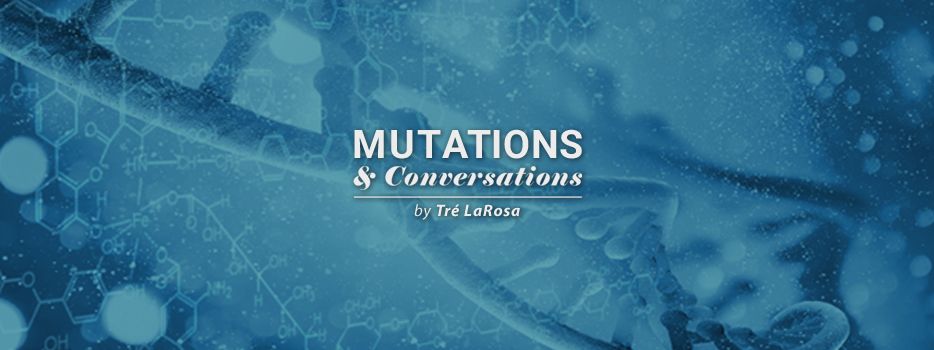My Experience With COVID-19
Written by |

Life would be much easier if every complicated disease or disorder weren’t so complicated. COVID-19, cystic fibrosis, depression — if they all manifested uniformly and could be treated the same across the afflicted population, the world would be much simpler.
As always, life just isn’t that simple. About two weeks ago, my parents and I tested positive for COVID-19. The experience has been a delicate overlap of these three maladies. I’ve struggled with depression for years now, and I’ve been taking sertraline for about two years, which has been helpful.
Depression affects everyone differently, but in the worst moments, one of the most important treatments for me has been socializing with friends and family.
When the pandemic first shut the world down in March, I worried about how social isolation would impact my mental health and depression, and I worried about how my body would respond to COVID-19, because I have cystic fibrosis. I worried my mind and body to near sickness, and I was deeply concerned about how I would navigate both aspects of the lockdown.
Millions of us have been confused and scared since the beginning of all of this. We have had to find coping mechanisms to manage this strange year. That uncertainty has included wondering when it will end, when an effective vaccine will be available, or what the long-term effects of COVID-19 might look like.
I wore my N95 mask everywhere I went in public. Because I had recently moved to a new city to start a new job, I regrettably took calculated risks. I tried to avoid large crowds while socializing with small groups of people outdoors at restaurants or at local breweries. I felt the risks were low based on my understanding of transmission rates outdoors with people who were less likely to have the virus.
Clearly, the calculated risks were risky enough that I ended up contracting COVID-19. I feel some guilt and frustration that I ended up getting it, but our world hasn’t provided people with the opportunity to lock down like we need to do so that people can survive without being in public.
My experience has been mild so far. On day one of my symptoms, I felt a strange sense of mental fogginess. I couldn’t think as quickly as I normally do, and my body felt a general sense of malaise. I was weaker than usual. I immediately wondered, based on my understanding of the different ways COVID-19 manifests, if my parents and I had COVID-19.
My dad had symptoms the same day that were similar to mine. We took rapid tests a couple days later, and the results were positive. I freaked out.
Since starting treatment with Trikafta (a triple combo of elexacaftor, tezacaftor, and ivacaftor) a year ago, I have felt the best I have in my entire life. Now, I was scared that less than a year later, my life would end or be catastrophically altered just as it was getting started again.
My parents, especially my dad, have more moderate to severe cases. We have a pulse oximeter and have been keeping track of our oxygen saturation. Mine has been above 96% the entire time, while my parents have seen theirs drop to the low 90s and high 80s, which has resulted in two trips to the emergency room. My dad, in his 60s, is healthy, exercises consistently, and eats a balanced diet, yet he has had a nasty, painful cough and intense fatigue.
Per the recommendation of our doctors, we have been taking vitamins C and D, zinc, and melatonin. My parents also were prescribed a cough suppressant. I can’t say with certainty if any of these treatments accelerated our recovery. I can’t even say if I’m recovered yet. The brain fog associated with COVID-19 makes even writing this column difficult.
My experience has been a mixed bag. I am fortunate that I have not been worse, but seeing my parents struggle has been hard.
While I’m cautiously optimistic about two vaccines that recently have been announced, it’s heartbreaking to think about how many people we have lost to this virus. And we still have a long way to go before we understand the virus’s long-term effects.
Follow along with my other writings at my humbly named site, www.trelarosa.com, or subscribe to my newsletter “sonder, essays” at trelarosa.substack.com.
***
Note: Cystic Fibrosis News Today is strictly a news and information website about the disease. It does not provide medical advice, diagnosis, or treatment. This content is not intended to be a substitute for professional medical advice, diagnosis, or treatment. Always seek the advice of your physician or other qualified health provider with any questions you may have regarding a medical condition. Never disregard professional medical advice or delay in seeking it because of something you have read on this website. The opinions expressed in this column are not those of Cystic Fibrosis News Today, or its parent company, Bionews, and are intended to spark discussion about issues pertaining to cystic fibrosis.







Leave a comment
Fill in the required fields to post. Your email address will not be published.